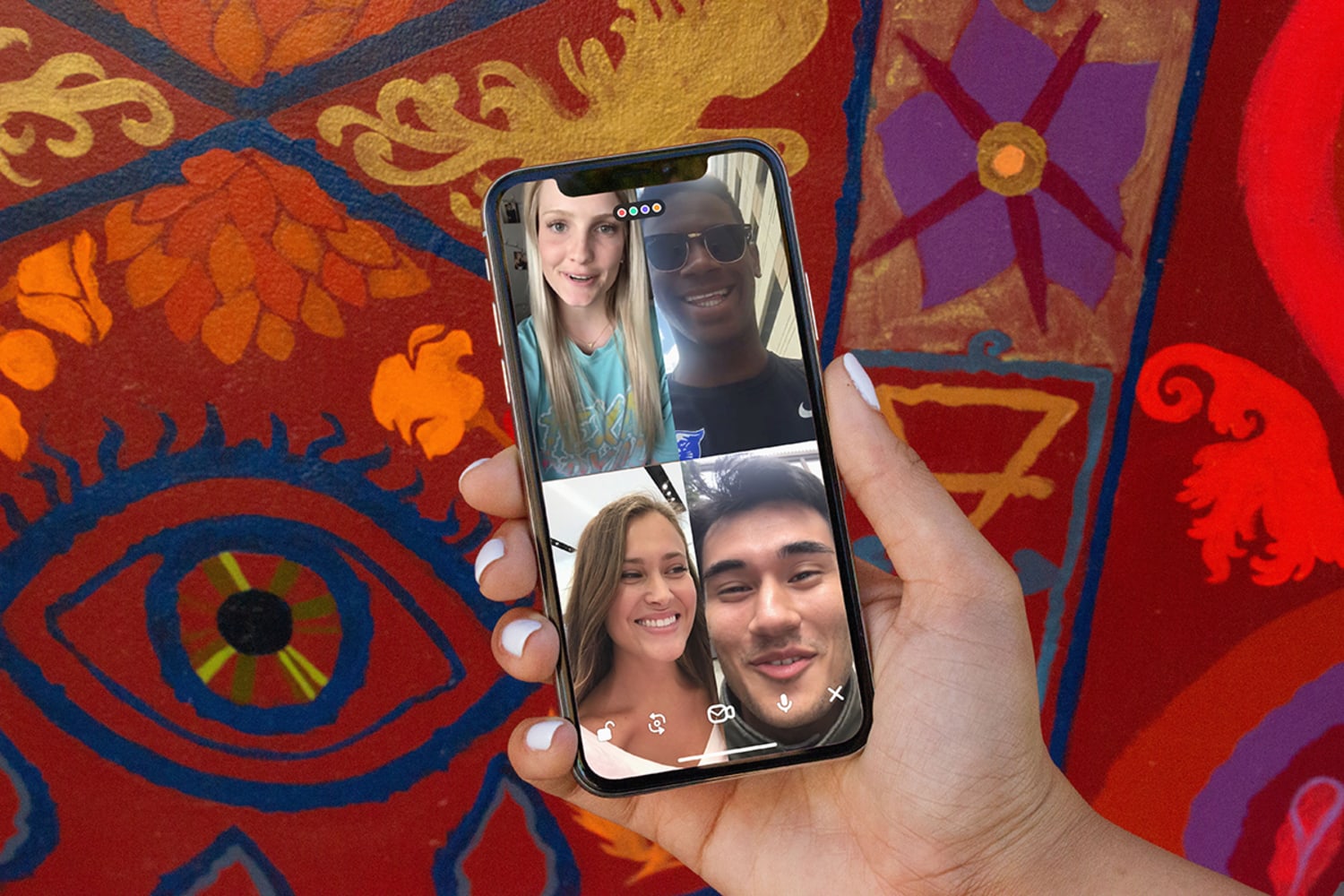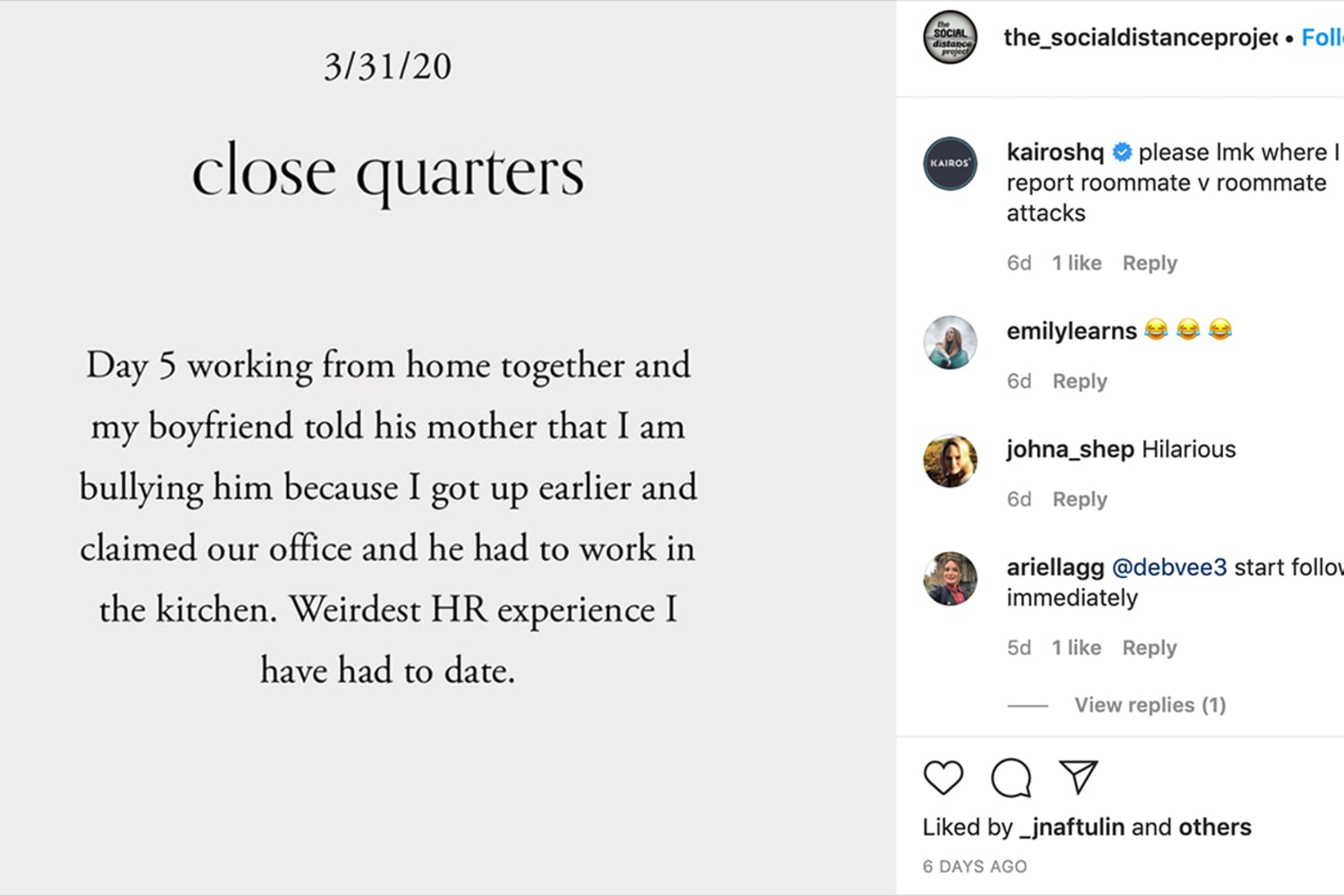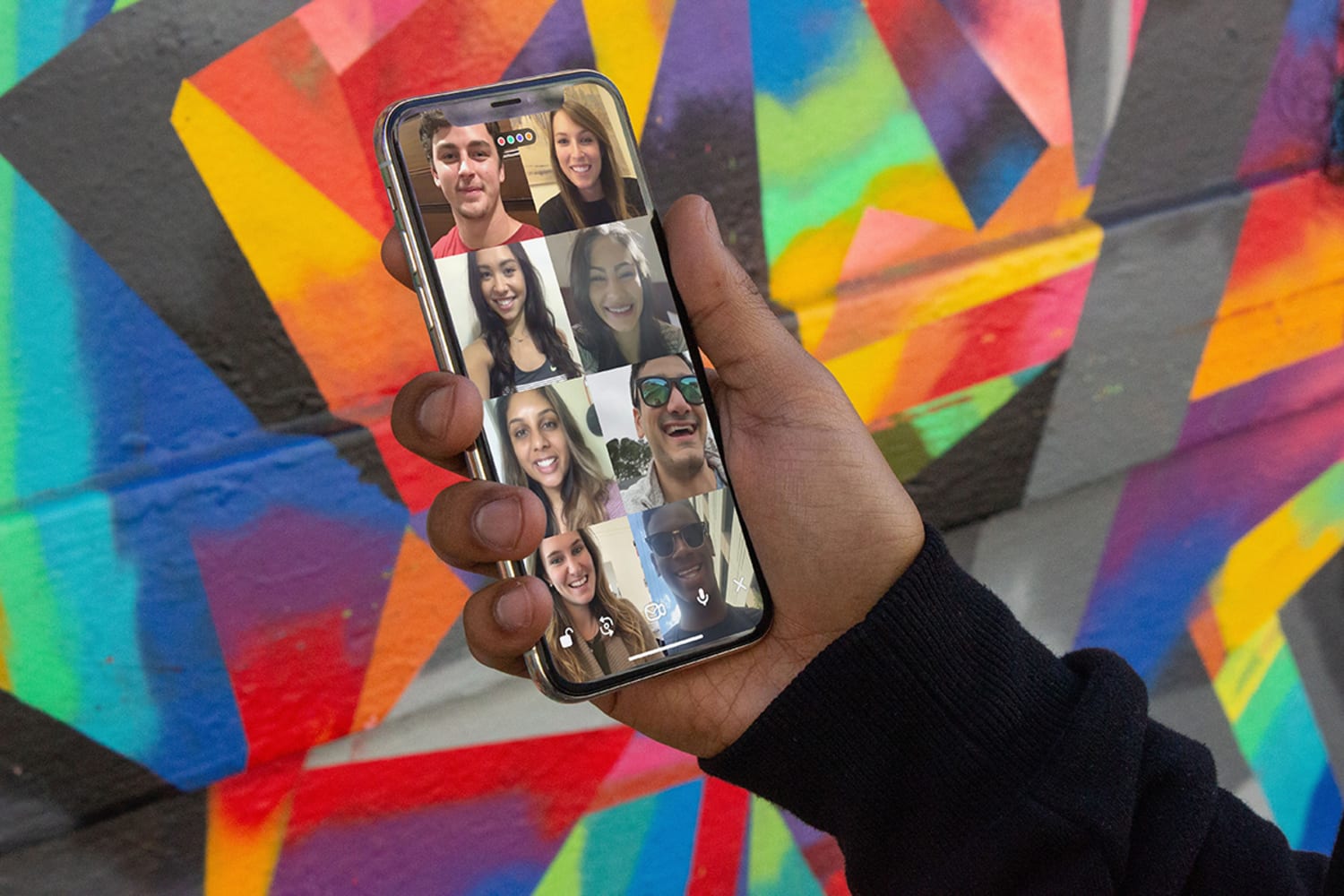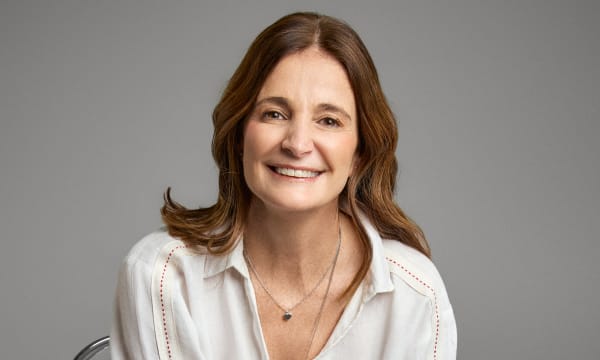Over the past few years, engagement with and cultural perceptions of social media have swung towards cynicism, fueling everything from inauthentic ideals to dangerous misinformation to mental health concerns.
As users increasingly chafed against the shallow, artificial and unhealthy ‘Instagram aesthetic,’ recent months saw the beginnings of a reversal, with platforms taking steps to create intimate and sheltered safe havens. Now, quarantine and social distancing have contributed a final push in the evolution of social media, taking it from a public stage where users went to show off the shiniest parts of their life into an outlet for deep, genuine human connection.






